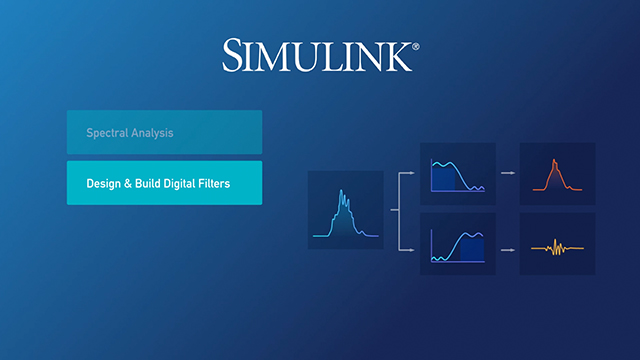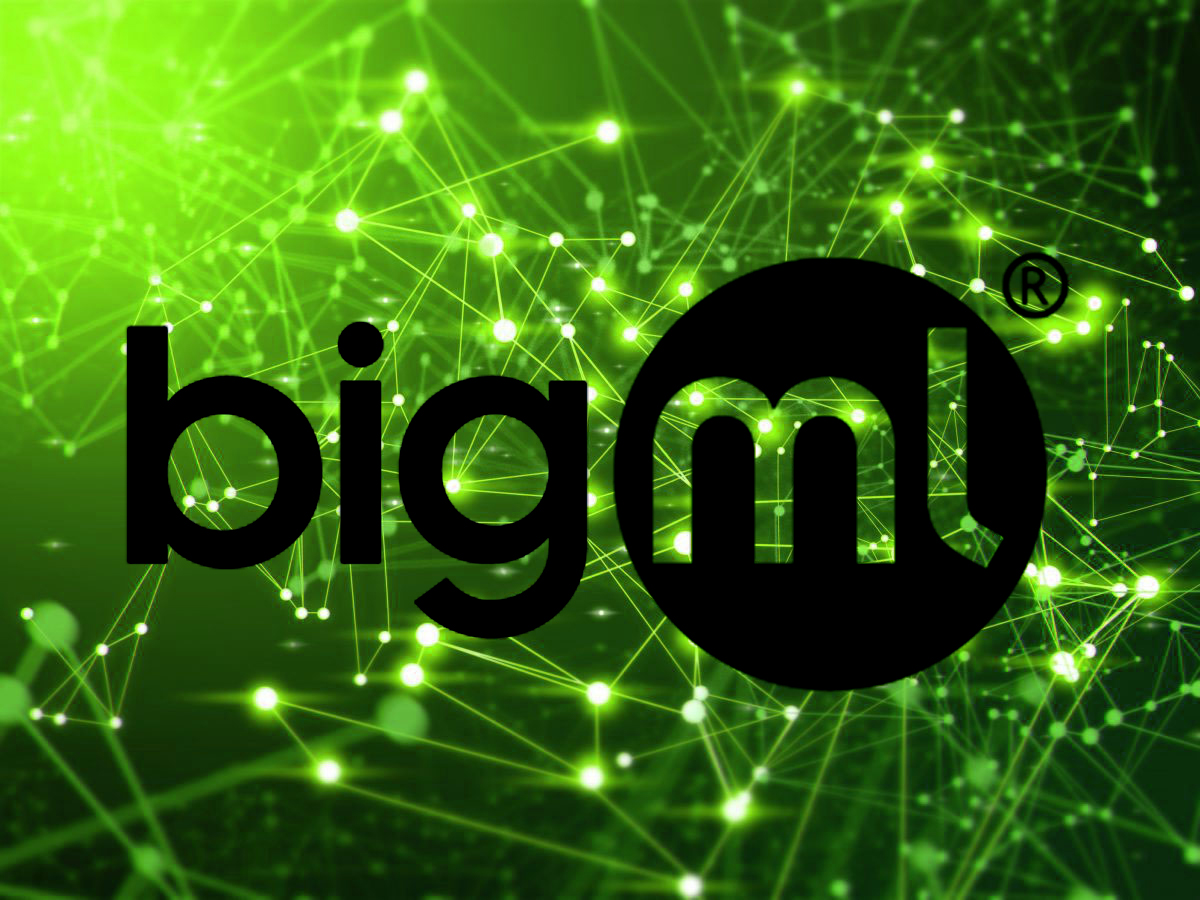Description
Introduction
Data governance and data quality are critical components in ensuring the integrity, reliability, and security of data throughout its lifecycle. For data engineers, it is essential to design, implement, and maintain robust data governance frameworks and quality control processes that enable organizations to make data-driven decisions confidently. Effective data governance ensures that data is accurate, consistent, accessible, and compliant with relevant regulations, while data quality management focuses on minimizing errors and maximizing the utility of the data.
This course will help data engineers understand how to apply data governance principles and quality standards to their workflows. By focusing on best practices for managing data, maintaining quality, and ensuring regulatory compliance, participants will learn how to implement processes that optimize data integrity and provide reliable data for downstream analytics and decision-making.
Prerequisites
- Basic knowledge of data engineering concepts.
- Familiarity with relational and NoSQL databases.
- Experience with data pipeline management and data storage solutions.
- Understanding of cloud platforms (AWS, GCP, Azure) is beneficial but not required.
Table of Contents
- Introduction to Data Governance
1.1 What is Data Governance?
1.2 Importance of Data Governance for Data Engineers
1.3 Key Principles of Data Governance
1.4 Role of Data Engineers in Data Governance
1.5 Data Governance Models and Frameworks - Data Quality Fundamentals
2.1 What is Data Quality?
2.2 Dimensions of Data Quality: Accuracy, Completeness, Consistency, Timeliness, and Validity
2.3 Challenges in Maintaining Data Quality
2.4 Data Quality Metrics and KPIs
2.5 Data Quality Assurance Processes - Data Governance Frameworks and Policies
3.1 Building a Data Governance Framework
3.2 Establishing Data Ownership and Stewardship
3.3 Defining Data Governance Policies and Standards
3.4 Data Classification and Data Sensitivity
3.5 Regulatory Compliance and Data Governance (GDPR, CCPA, etc.) - Data Quality Management Techniques
4.1 Data Profiling and Data Quality Assessment
4.2 Techniques for Data Cleansing and Validation
4.3 Handling Missing, Duplicate, and Inconsistent Data
4.4 Data Standardization and Transformation
4.5 Automated Data Quality Monitoring - Data Lineage and Metadata Management
5.1 Understanding Data Lineage
5.2 Tools and Techniques for Tracking Data Lineage
5.3 Importance of Metadata Management in Data Governance
5.4 Implementing Metadata Management Solutions
5.5 Leveraging Data Lineage for Data Quality - Data Security and Privacy in Data Governance
6.1 Ensuring Data Security in Governance Frameworks
6.2 Implementing Data Privacy Policies and Controls
6.3 Role of Data Encryption and Anonymization in Governance
6.4 Securing Data Access with Role-Based Access Control (RBAC)
6.5 Data Breach Management and Response - Tools for Data Governance and Quality
7.1 Overview of Data Governance Tools
7.2 Data Quality Tools and Platforms
7.3 Data Cataloging and Lineage Tools (e.g., Alation, Collibra)
7.4 Automating Data Quality Processes with ETL Tools
7.5 Cloud-Based Data Governance Solutions (AWS Glue, GCP Data Catalog, Azure Purview) - Best Practices for Data Governance and Quality
8.1 Establishing Data Governance Roles and Responsibilities
8.2 Continuous Data Quality Monitoring and Improvement
8.3 Aligning Data Governance with Business Objectives
8.4 Data Governance for Distributed Data Architectures
8.5 Collaboration between Data Engineers, Analysts, and Business Teams - Data Governance for Modern Data Architectures
9.1 Data Governance in Data Lakes and Data Warehouses
9.2 Implementing Data Governance in Cloud-Native Environments
9.3 Managing Governance in Real-Time and Streaming Data Pipelines
9.4 Applying Data Governance to Machine Learning and AI Projects
9.5 Future Trends in Data Governance and Data Quality - Case Studies and Real-World Implementations
10.1 Data Governance in a Multi-Cloud Data Architecture
10.2 Implementing Data Quality Checks in ETL Pipelines
10.3 Case Study: Data Governance in Healthcare Data Systems
10.4 Lessons from Data Quality Failures in Large Enterprises
10.5 Future-Proofing Data Governance for Big Data and IoT
Conclusion
Data governance and data quality are crucial pillars of a successful data engineering strategy. With the exponential growth in data volume and complexity, data engineers must prioritize building governance frameworks and ensuring the quality of data at every stage of the pipeline. By mastering these principles and tools, data engineers can provide clean, reliable, and compliant data that supports business decisions and meets regulatory requirements.
This course prepares participants to design and implement robust data governance and quality strategies, enabling them to build trustworthy, scalable data systems that ensure consistent data usage and maintain the integrity of the data pipeline across various platforms and environments. Through practical applications and case studies, participants will gain the skills needed to navigate the challenges of managing data in a modern data ecosystem.







Reviews
There are no reviews yet.